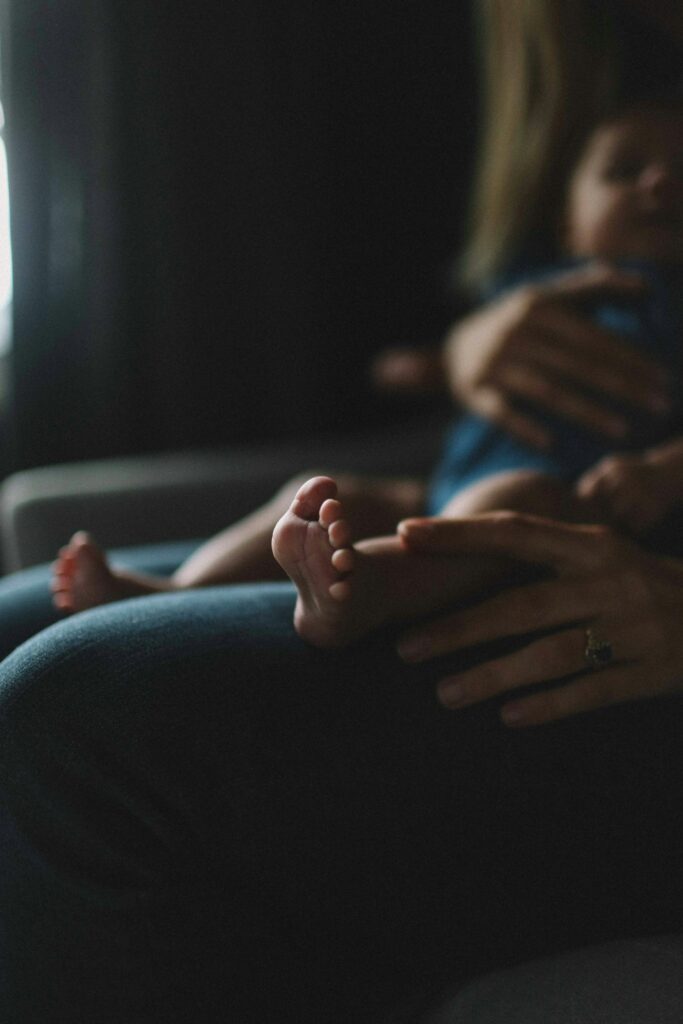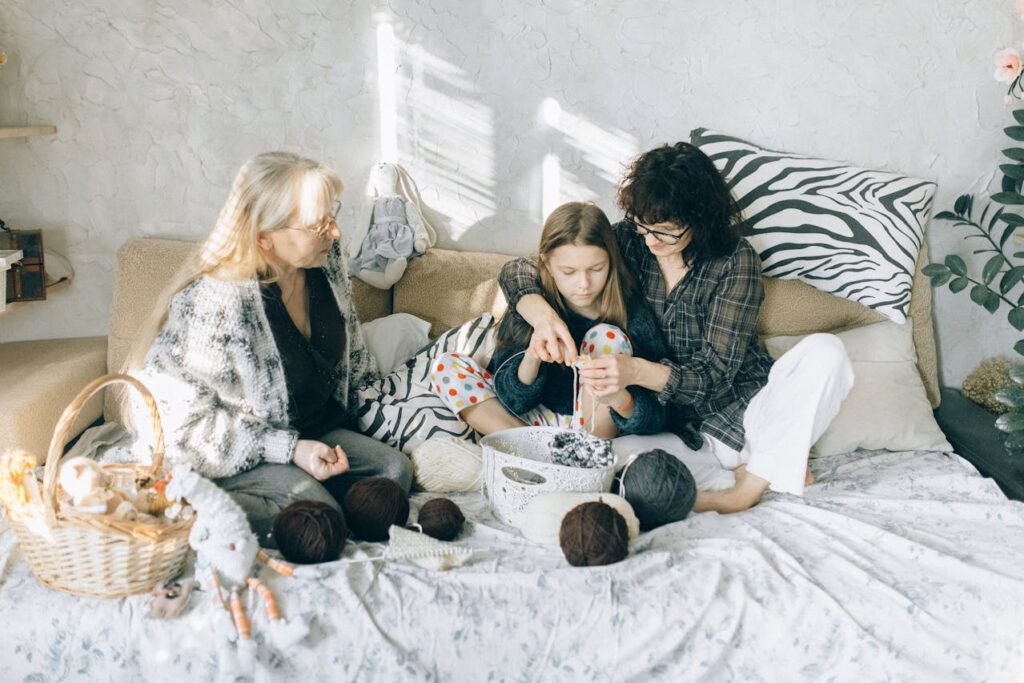I’m Sorry Your Mom Sucks
It’s a controversial statement, obviously.
But one recent week, I found myself sitting with three different clients and these were the words that played in my mind.
As a psychotherapist who treats people suffering from the sequelae of difficult childhoods, I see day in and day out how harmful parenting impacts people. I’m a mother myself and I commiserate with my clients that motherhood in our culture is an absolute Catch-22— damned if you do, damned if you don’t. No matter your parenting style or circumstance, somebody will tell you that you are doing it wrong. And it’s going to hurt and make you insecure and ashamed, at least a little. It’s infuriating. Moms are blamed for everything—for being imperfect in a world that demands so much of us yet allows us so little in the way of grace. Back in the day, mothers were even blamed for causing their children’s schizophrenia by being too overprotective or too rejecting.
And certainly, our society plays a strong role in why so much harmful parenting (and schooling! Ugh the schooling! Don’t get me started.) takes place. My own mother was painfully restricted by cultural expectations—she was super-smart but born in a time and in circumstances that limited what she was allowed to accomplish. I believe the frustration of these restrictions carried her towards alcoholism and fueled her rage. I imagine that if she had been able to use her gifts and be seen for the brilliant and capable person she was, it may have all turned out differently for her. And for me, of course. So, I am not here to pile onto women who are dealing with the fraught task as parenting in our culture.

But as I have seen in the behaviors of my hundreds of clients over the years, and plenty of my friends as well, it’s the unavoidable truth that “bad” mothers cause so much suffering and dysfunction. Bad fathers and other caregivers do, too, of course. But as mothers do, by far, the largest amount of parenting and caregiving, they are the ones who did the most helping and harming. Growing up with chaotic, abusive, neglectful, or tragic caregivers leaves a lasting impact. Honestly, it’s why I have a job.
Surviving an abusive, neglectful, or chaotic childhood is one thing. It’s a great thing, of course. The triumph over all the bullshit is profound, as is the choosing of self over the old, hurtful narrative of the family system. Helping clients to make sense of it all and recover their dignity, agency, and peace is a great joy for me. I love the victory laps. I admire my clients for their strength, ingenuity, and ability to survive and the desire to do better, particularly when it comes to breaking that pattern and refusing to pass the trauma to the next generation.
What is most on my mind these days, however, is the deep pain, unease, guilt, anger, pity, and confusion that can be on the other side of childhood. Yes, you have survived and are on the road to thriving, or at least trying. But what to do about Mom now? You are no longer that helpless kid, but if Mom is still in the picture, the situation can be confusing and painful. Maybe mom is relentless in her attacks, blaming you for her problems and being critical and diminishing. Maybe she is unpredictable—sometimes nice; tricking you into thinking you are safe, that things are finally ok.
Then the inevitable shoe drops and the chaos starts again. Perhaps she demands, implicitly or explicitly, that you take care of her, and you are met with terrible guilt and even threats if you refuse to parent her or dare to put yourself first. Maybe she plays you and your siblings against each other. Or she won’t take care of herself, and you get stuck with the agony of watching her decline into tragic circumstances that you are powerless to change.
Whatever the situation is, I am so sorry your Mom sucks. I see you; I have been there.
The truth is, no matter how far you come in your own healing work and how good you get at setting and holding those life-sustaining boundaries, it’s going to hurt. It’s going to be sad. It’s going to be draining, perhaps.

You may need to facilitate your own children’s relationship with their grandmother, and there’s no handbook for that. Even if you are totally estranged from your mother (and becoming so is painful beyond imagination), she will still loom large in your internal landscape and have a persistent impact on your life. I wish I could tell you that there is a magic fix for the pain that comes with having this sort of relationship. But there isn’t. Just hang in there, keep taking care of yourself, and make your own life bigger and better in whatever ways that you can.
All posts are written by Kathryn, no AI.
